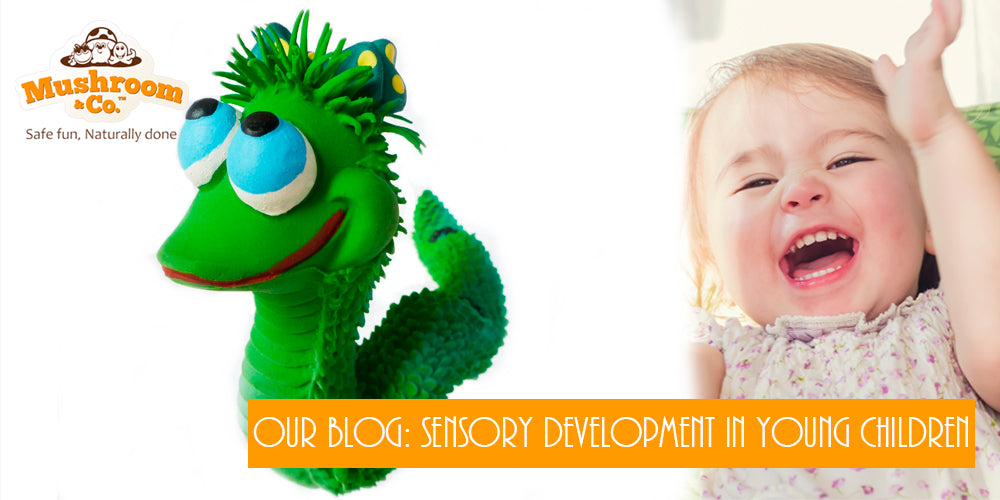 From the moment they are born, children are plunged into a whole new world full of different sensations, sounds and challenges. The early development of the brain takes place at a surprisingly quick speed as each child begins to explore the world around them. And it’s not just touch and hearing they use, we have five senses including smell, taste and that all-important vision.
From the moment they are born, children are plunged into a whole new world full of different sensations, sounds and challenges. The early development of the brain takes place at a surprisingly quick speed as each child begins to explore the world around them. And it’s not just touch and hearing they use, we have five senses including smell, taste and that all-important vision.
Parents often don’t think of this array of sensory input when they plan play for their newborns and toddlers. But it’s actually pretty important for the initial development of the brain and can impact in many ways later on in life.
Research tells us that kids in particular are strongly drawn to sensory experience and are eager and quick to learn when all senses are engaged. If not a conscious effort on their part, it is biologically hotwired into their behavioural patterns. Give a child a toy and it will squeeze, bite, smell and taste it. These behaviours send signals to the brain, strengthening neural pathways and helping them to develop. It may seem like nothing is happening but you’d be wrong.
As a child grows older they learn to discern different smells and tastes, their dexterity improves and they are able to not just squeeze and shake but build and put together. This is a remarkable chain of events, done mostly by the child’s developing brain (with a little help from mum and dad, of course).
Sensory play where children use toys that are specifically designed to engage as many of their senses as possible is becoming more popular. Sensory play allows a child to explore the world deeply and become engaged with it more strongly than during so-called ordinary play. They’ll discover new things on their own and make connections that others can’t see but they can.
It’s an unstructured, messy process but why is it so important?
Engaging in sensory play can improve dexterity and understanding of the world. Some say it can even help a child develop better communication and problem solving skills. It also seems to play a part in cognitive growth and the development of social interaction. It enables children to fine tune their senses and see how they interact with each other but also to learn. According to some parents, by the way, it’s the perfect way to calm down a fractious child.
While you might not think that squeezing play dough or running your fingers through the bubbles in a bath are having an effect, most research now thinks that it is an important part of healthy development. Stronger cognitive growth and the formation of effective social skills can mean that a child grows up to learn better and interact better. Many mothers are now advocating sensory play and you can find plenty of sources online that show you how to do it.
They believe it helps:
- Develop better learning and cognitive skills.
- Develop the fine movements that older children begin to use for tasks such as writing or building objects.
- Boost confidence and awareness of the world.
- Give children the opportunity to be creative.
We all learn a whole lot more when we engage as many of our senses as possible. It’s something that goes with us throughout life and it’s not just something for toddlers. Yes, we become more sophisticated creatures as we grow older but much of that brain power starts with the building blocks that comes from engaging our senses.
For a full range of sensory toys click here for Mushroom & Co’s playful, colourful and 100% natural rubber toys that lets children explore and learn in a fun and creative way.







Schreiben Sie einen Kommentar